Briefing Archive
Free Newsletter

Something unfamiliar is spreading in Argentina: optimism. The impact of President Javier Milei’s dramatic economic reforms has exceeded expectations, even as Milei has maintained popular support. But there is now so much enthusiasm that it raises the risk of irrational exuberance, especially given the scale of the challenge ahead.

Negotiators of an international legally binding treaty on plastic pollution, including in the marine environment, just concluded their fourth session in Ottawa, Canada. With four rounds of talks now down and just one to go, negotiators left Ottawa with no agreement on the scope of the future treaty nor any narrowing of options.

An international effort to create a rail and maritime transport corridor to connect Asia to Europe while avoiding Russian territory has gained momentum in the wake of Russia’s invasion of Ukraine. The success or failure of the trade route, known as the Middle Corridor, depends on solid relations between Azerbaijan and Kazakhstan.
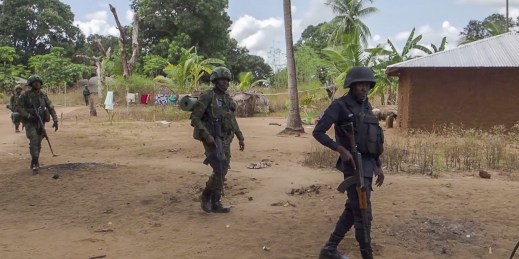
An insurgency allied with the Islamic State has been waging a bloody campaign in Mozambique’s Cabo Delgado province for almost a decade. After a lull in fighting that lasted most of last year, militants spread southward through the isolated province in late 2023 and early 2024, burning houses, schools and churches as they went.
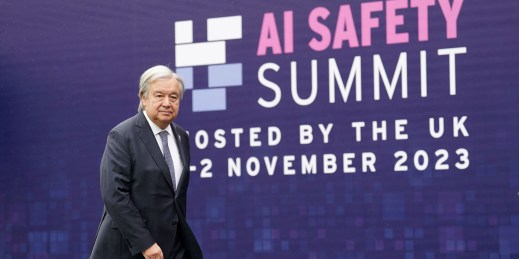
The U.N. often seems powerless, especially amid today’s polycrisis. Yet the organization did seem poised to take a leading role in one emerging global challenge: governing AI, at least until the growing trend of AI nationalism became an obstacle. Ideally, however, the U.N. should still play a leading role in AI governance.
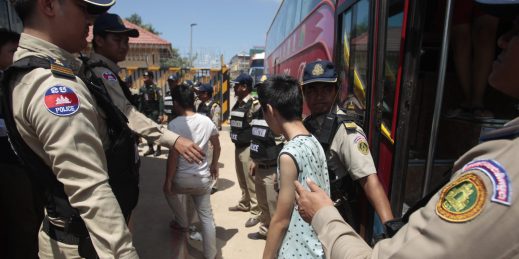
Cambodia’s government can’t get to grips with the cyber-slavery compounds run by Chinese mafia gangs on its territory, as the government’s official response has veered between minimization of the problem and denial. This failure is putting pressure on foreign governments to protect their nationals from falling victim to the scams.
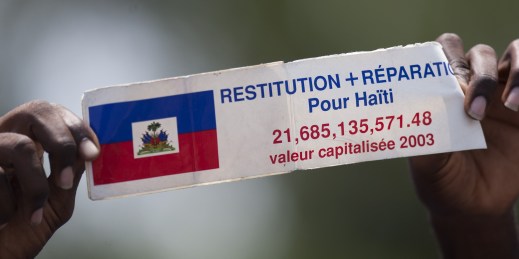
The movement seeking reparations for slavery and colonialism has so far been met with minimal buy-in from the former colonial powers that benefited from the trans-Atlantic slave trade. But engaging with calls for reparations could be a powerful diplomatic gesture that those nations could offer to the Global South.
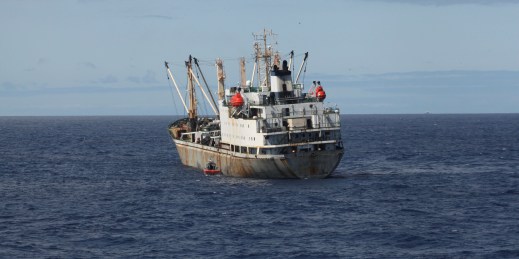
China’s distant-water fishing fleet, the world’s largest, is engaging in human rights abuses and systematic illegal fishing on an unprecedented scale. Urgent action is needed now to rein in the Chinese fleet and end these abuses, which have global security and geopolitical ramifications, as well as real human costs.









